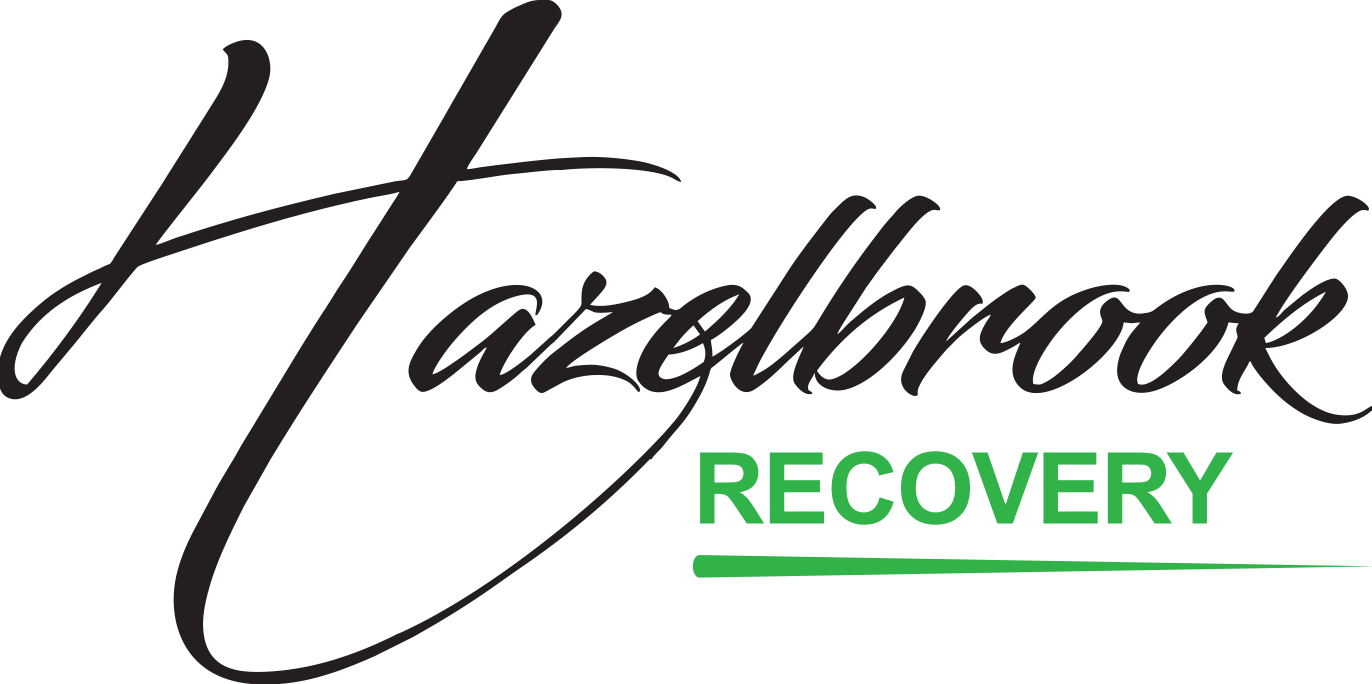
Residential addiction treatment centers, also known as inpatient programs, offer individuals a supportive and immersive environment for overcoming substance abuse or addiction. Let’s delve into the numerous benefits of addiction treatment centers to understand how they can contribute to a successful recovery journey.
7 benefits of Residential Addiction Treatment Centers
1. Round-the-Clock Support and Supervision:
Addiction treatment centers provide 24/7 support and supervision, ensuring individuals have access to trained professionals at all times. This continuous care promotes a safe and secure environment, particularly during challenging stages of recovery that involve managing cravings and withdrawal symptoms.
2. Immersion in a Sober Environment:
Residential addiction treatment centers create a completely sober environment, free from external triggers and temptations. By eliminating distractions and potential relapse triggers, individuals can fully focus on their recovery, develop effective coping strategies, and establish a strong foundation for long-term sobriety.
3. Customized Treatment Plans:
Tailored treatment plans are a hallmark of addiction treatment centers. These plans are designed to address the specific needs of each individual, incorporating evidence-based therapies, counseling sessions, educational programs, and holistic activities. By taking a comprehensive approach to recovery, addiction treatment centers address the physical, psychological, and emotional aspects of addiction.
4. Peer Support and Community:
Addiction treatment centers foster a sense of community among individuals in recovery. Interacting with peers who share similar experiences and challenges creates a supportive network. The friendships and mutual support within the center help combat feelings of isolation, boost motivation, and promote a sense of belonging, all of which are crucial elements for successful recovery.
5. Intensive Therapy and Counseling:
Residential addiction treatment centers provide intensive therapy and counseling sessions. These can include individual therapy, group therapy, family therapy, and specialized modalities like cognitive-behavioral therapy (CBT) or dialectical behavior therapy (DBT). With extended program durations, addiction treatment centers allow for in-depth exploration of underlying issues, development of coping mechanisms, and acquisition of relapse prevention strategies.
6. Emphasis on Wellness and Self-Care:
Addiction treatment centers prioritize holistic wellness by incorporating activities such as exercise, yoga, mindfulness, and nutrition education. These components promote healthier habits and equip individuals with tools to manage stress, enhance mental well-being, and prioritize self-care. By embracing a comprehensive approach to wellness, addiction treatment centers support individuals in their recovery journey.
7. Transition and Aftercare Planning
A vital aspect of addiction treatment centers is their focus on creating a solid aftercare plan. By offering a clear roadmap for post-treatment support, addiction treatment centers help individuals maintain their recovery momentum and reduce the risk of relapse.
Residential addiction treatment centers provide a range of benefits that significantly contribute to successful recovery journeys. From around-the-clock support and immersive sober environments to intensive therapy, peer support, and comprehensive aftercare planning, these centers create a solid foundation for individuals to rebuild their lives and embrace a healthier, substance-free future.
Looking for a Sober Living Solution?
Hazelbrook Sober Living is a great “next step” for individuals coming out of addiction treatment centers. Our sober living homes offer structure to support an individual’s recovery along with the freedom to build a fulfilling sober life. If you, or a loved one is in the Denver area, Colorado Springs, Pueblo, or Atlanta, Georgia and are looking for recovery housing or a recovery community, please reach out to our admissions counselors today.
